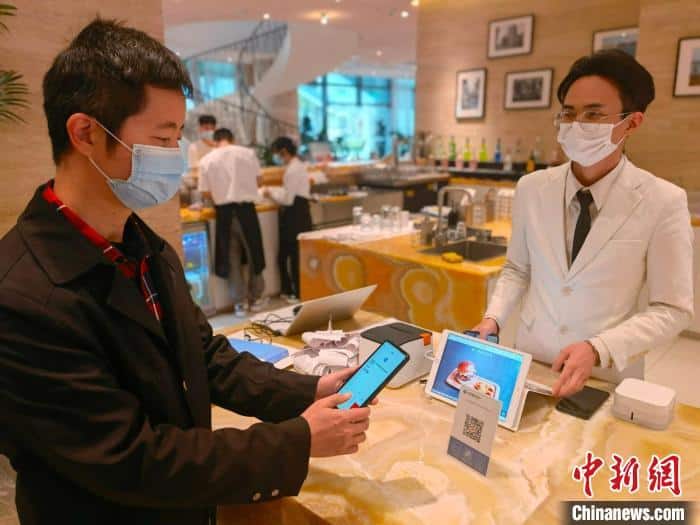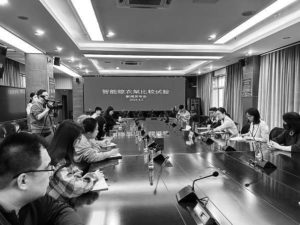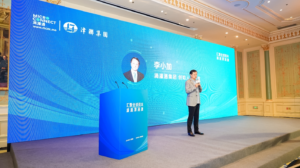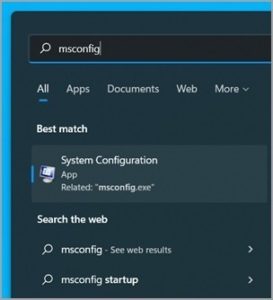What is the experience of using digital renminbi to pay wages?

[ad_1]
Recently, the news of “paying wages in digital renminbi in one place” has sparked widespread discussion.
According to the Shanghai Securities News, the Local Financial Supervision and Administration Bureau of Changshu City, Jiangsu Province and the Changshu City Finance Bureau recently issued the “Notice on the Implementation of Full Salary Digital Renminbi Payment”. The notice stated that from May onwards, full digital renminbi payment of wages will be implemented for civil servants (including public servants), business personnel, and personnel of state-owned units at all levels in Changshu City.
“What is the experience of receiving salary in the form of digital renminbi?” Many netizens are curious.
Citizens of Guangzhou use digital renminbi to pay in coffee shops.Photo courtesy of Nansha District Government
Many “early adopters” use digital renminbi to pay wages
Paying wages in digital renminbi means that the employer pays employees’ wages in digital renminbi to the employee’s personal digital currency wallet. In fact, since last year, many cities have made such attempts.
For example, Taicang City, Jiangsu Province implemented the payment of wages in RMB last year. According to the “Taicang Finance” official account, in July 2022, the staff of 59 municipal departments, 8 district and town subordinate administrative institutions, and state-owned enterprise staff in Taicang City will use digital renminbi to pay wages in full.
Many jurisdictions in Suzhou City are also actively promoting the payment of wages in digital renminbi. According to media reports, in March 2022, 64 people in Xiangcheng District, Suzhou City who newly applied for salary subsidies for high-level talents in key industries received talent subsidies in the form of digital renminbi, totaling 235,000 yuan. In June of the same year, the incumbents of Wujiang East Taihu Lake Resort (Taihu New City) received the first 200 yuan salary in digital renminbi issued by the unit.
The General Office of the People’s Government of Jiangsu Province released the “Jiangsu Provincial Digital RMB Pilot Work Plan” this year, which mentioned that gradually explore the use of digital RMB by financial budget units and state-owned enterprises and institutions to carry out daily fund receipts and payments, and focus on financial payments, government procurement, and public funds. Resource transactions, tax payment, social security, education and medical care and other public domain applications.
Not only Jiangsu, but many provinces across the country are trying to pay wages in digital renminbi.
According to media reports, in February 2023, the Shandong Branch of the Bank of Communications successfully landed Jinan’s first municipal-level state-owned enterprise digital RMB salary agency business for Jinan Publishing Co., Ltd. In August 2022, Ningbo landed the first batch of administrative and public institutions to pay wages in digital renminbi. Five administrative and public institutions, including Cixi Finance Bureau and Financial Development Service Center, paid part of July wages to 557 employees in digital renminbi.
In this regard, Dong Ximiao, the chief researcher of the China Merchants Union, said in an exclusive interview with China News Finance that the payment of wages to public officials in the form of digital renminbi, from point to surface, and continuous expansion of digital renminbi application scenarios will help change public perceptions, cultivate usage habits, and further Promote the application and promotion of digital renminbi. Next, there may be more places to promote the use of digital renminbi to pay wages.
How is it different to receive digital RMB wages?
The integration of digital renminbi into life is accelerating. “Wages become digital currency” has made many people curious. What is so special about using digital renminbi to receive wages? What kind of experience is it?
“We have been paying wages in digital renminbi for a year.” Yifei (pseudonym) from Hunan told Zhongxin Finance and Economics.
Yifei’s unit is one of the pilot units for the promotion of Hunan’s digital renminbi. She said that receiving digital renminbi wages is not difficult to operate, and only needs to download a digital renminbi app.
“After receiving the salary, you can withdraw the digital renminbi to the bank card without handling fees. As usual, the money can be consumed directly, or spent on Alipay and WeChat.” An interviewee from a public institution in Suzhou told Zhongxin Finance and Economics .
In the eyes of many people, with the continuous expansion of application scenarios, wages paid in digital renminbi are more convenient to use.
For example, in Yangzhou, Jiangsu, residents can use the money in the digital renminbi wallet to directly pay their children’s school food expenses. Some gas and water and electricity payments in Suzhou can also be withheld and paid in digital renminbi; multiple large public parking lots realize digital renminbi payment; Suzhou Jiuguang Department Store and other large commercial complexes carry out digital renminbi settlement business.
In addition, as various places vigorously promote the application of digital renminbi, more and more “wool can be obtained” by using digital renminbi for consumption.
Yu Zhao (pseudonym) from Beijing told Zhongxin Finance and Economics that she received a 20 yuan consumer red envelope from the bank when she opened a personal digital RMB wallet at the bank. Zhongxin Finance noticed that many cities have launched “digital currency red envelopes”, covering multiple consumption scenarios. In addition, when using digital renminbi to shop in supermarkets, you can also encounter preferential activities from merchants from time to time.
The number of account openings keeps rising, have you opened it yet?
As many places promote the use of digital renminbi to pay wages and withdraw provident funds, and expand digital renminbi consumption scenarios, the number of digital renminbi account openings and transaction volumes are also rising.
The data shows that by the end of 2022, the number of digital RMB wallets opened in many places has reached the order of one million, and the cumulative transaction amount in some regions has exceeded 100 billion yuan.
Take Suzhou as an example. In 2022, Suzhou launched a series of digital renminbi consumption promotion activities. Throughout the year, various banks and sectors invested nearly 120 million yuan in consumption promotion funds, driving consumption over 3.3 billion yuan. By the end of 2022, Suzhou will have over 30.54 million digital currency personal wallets, over 930,000 pilot scenarios, and over 480,000 digital currency merchants.
However, despite the gradual integration of digital renminbi into life, many netizens still said that “it has not yet been activated.”
Dong Ximiao believes that for electronic currency and payment tools, the richness of scenarios often affects user selection and experience. The construction of digital renminbi application scenarios should be further strengthened. Through a sound ecosystem and rich application scenarios, digital renminbi can be ubiquitous and within reach, thereby attracting more public and institutional use, and improving the frequency of use and user experience. (over)
[ad_2]
Source link








